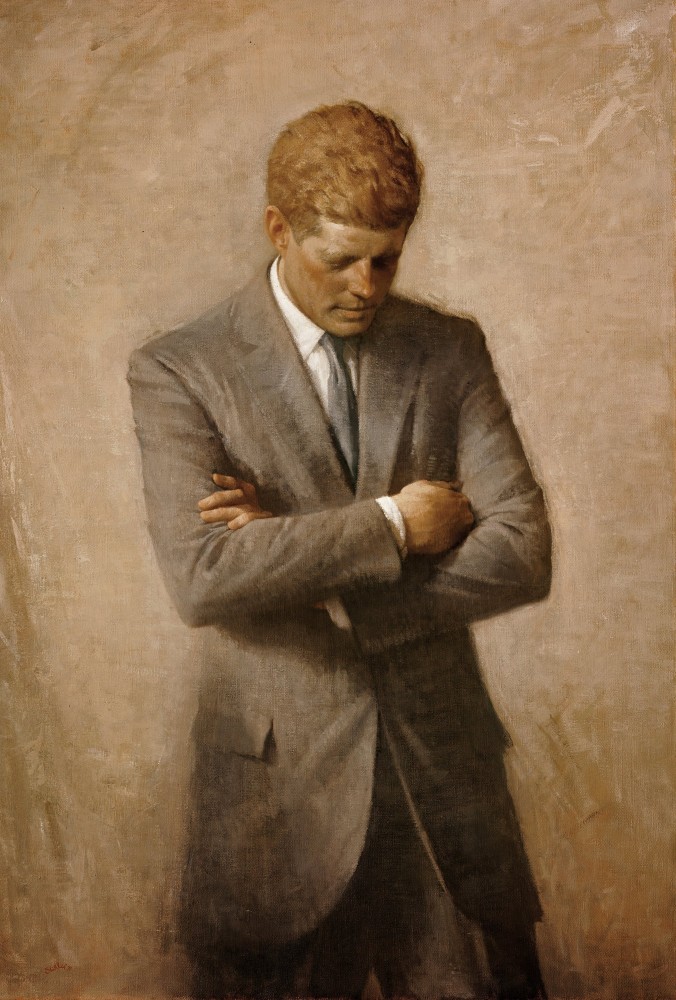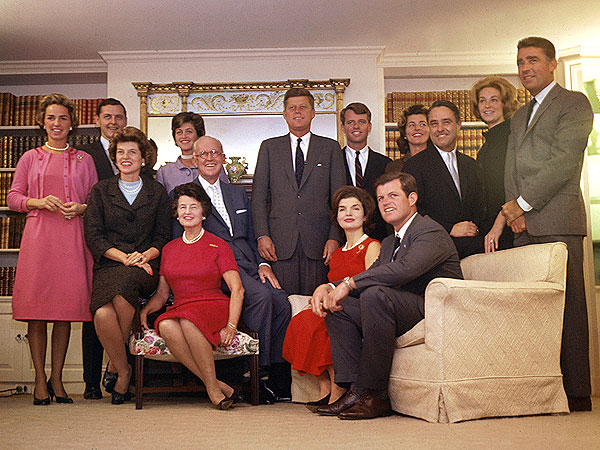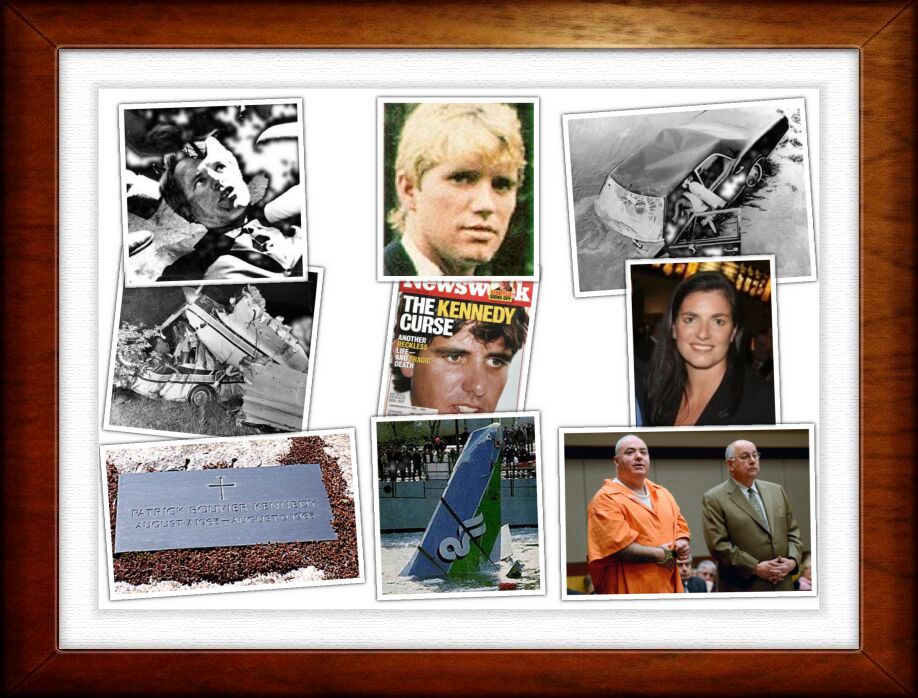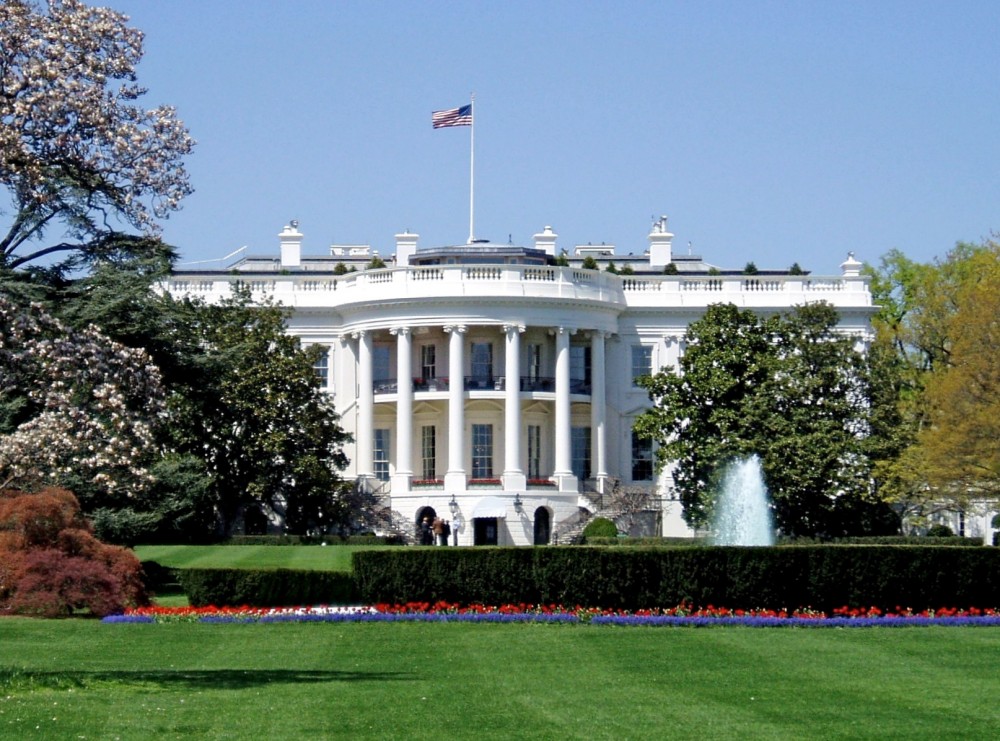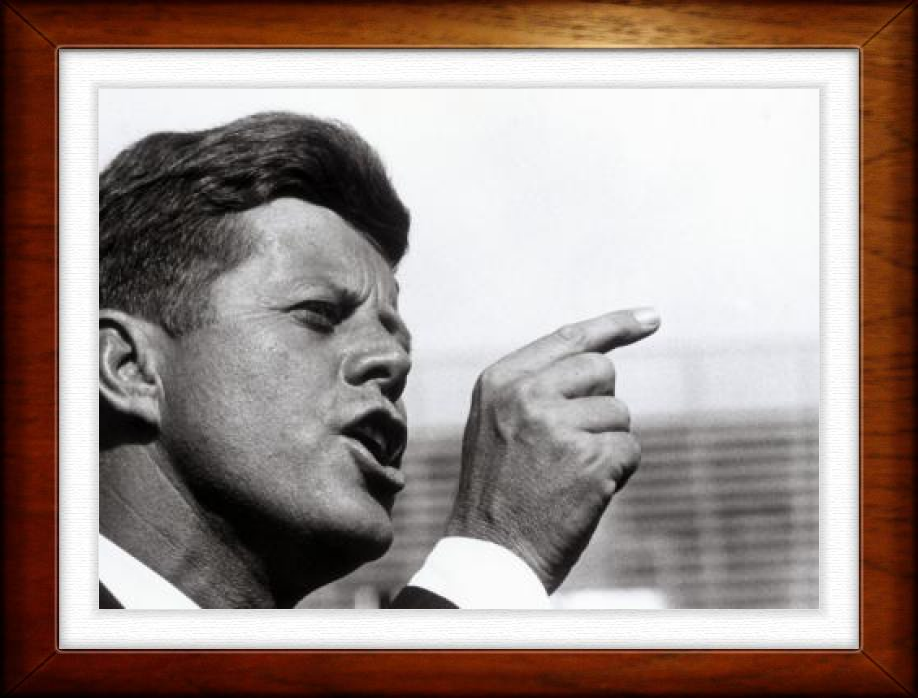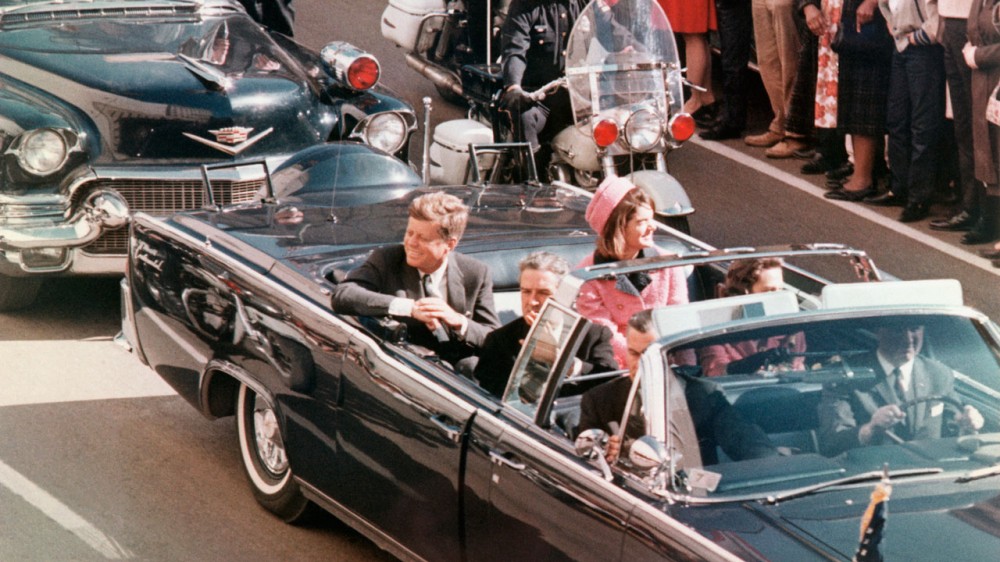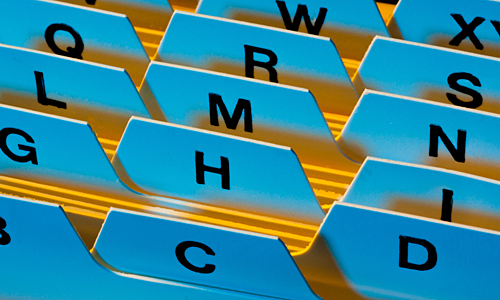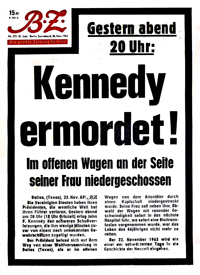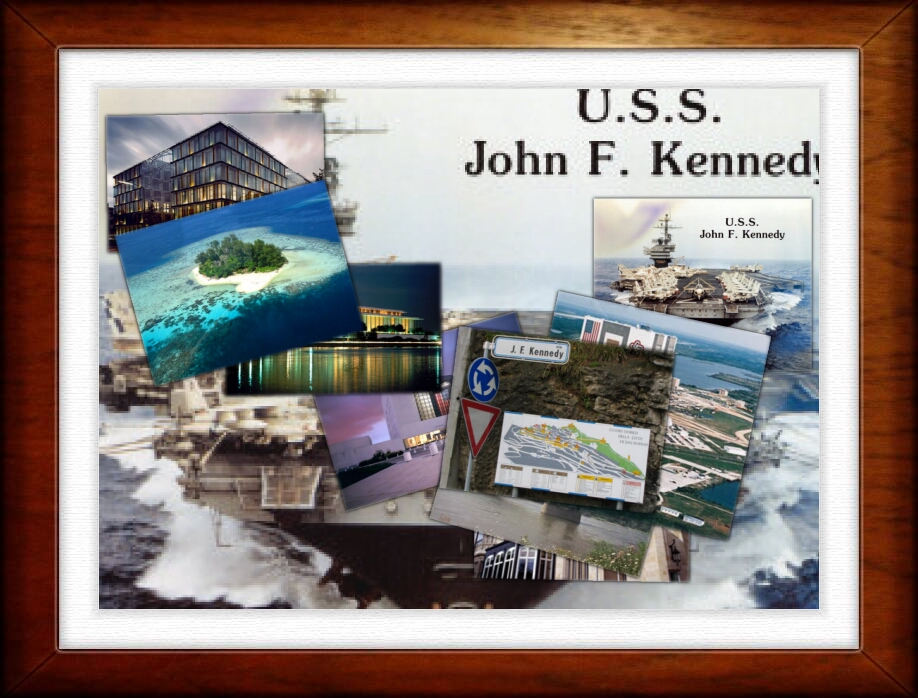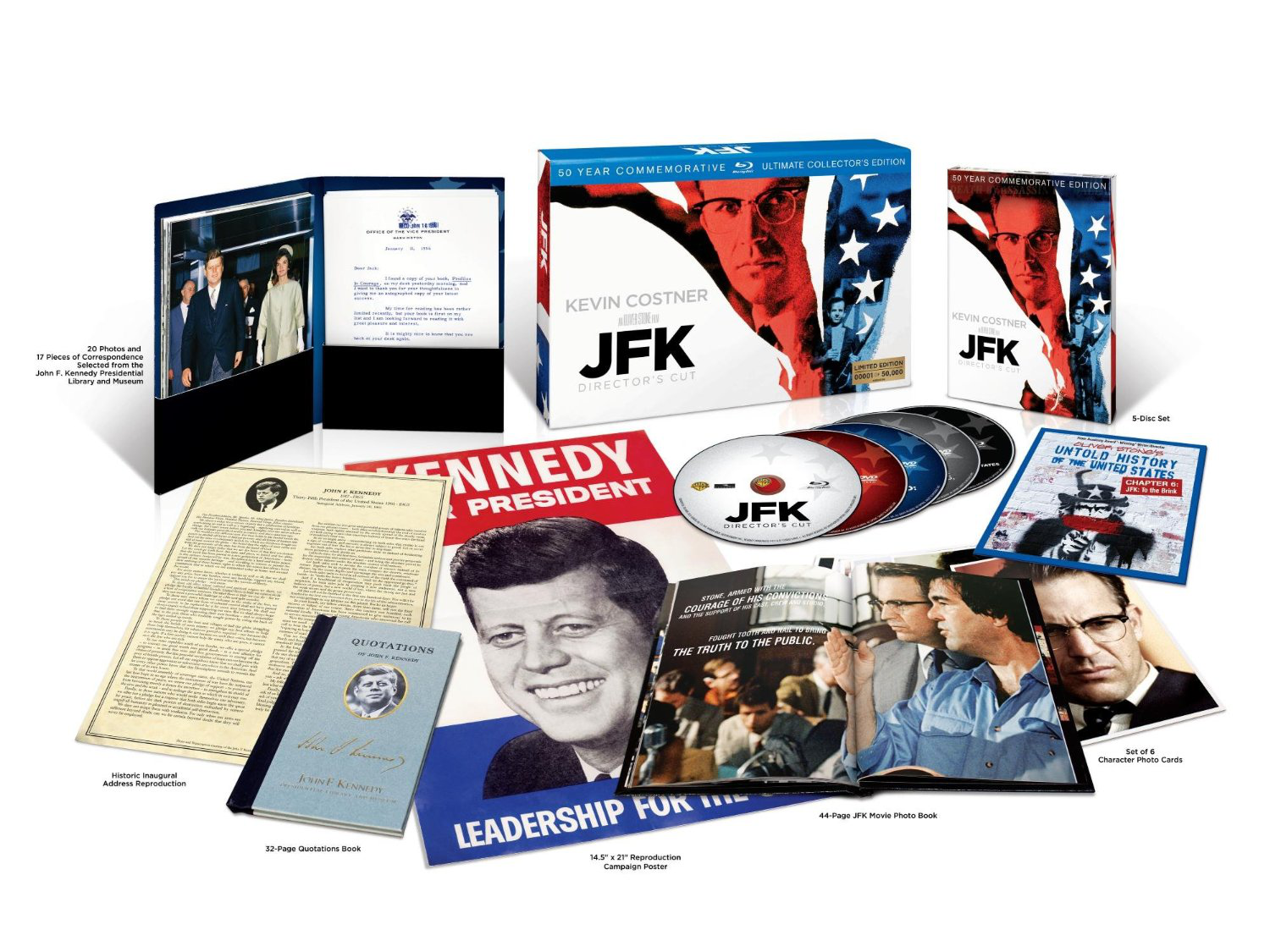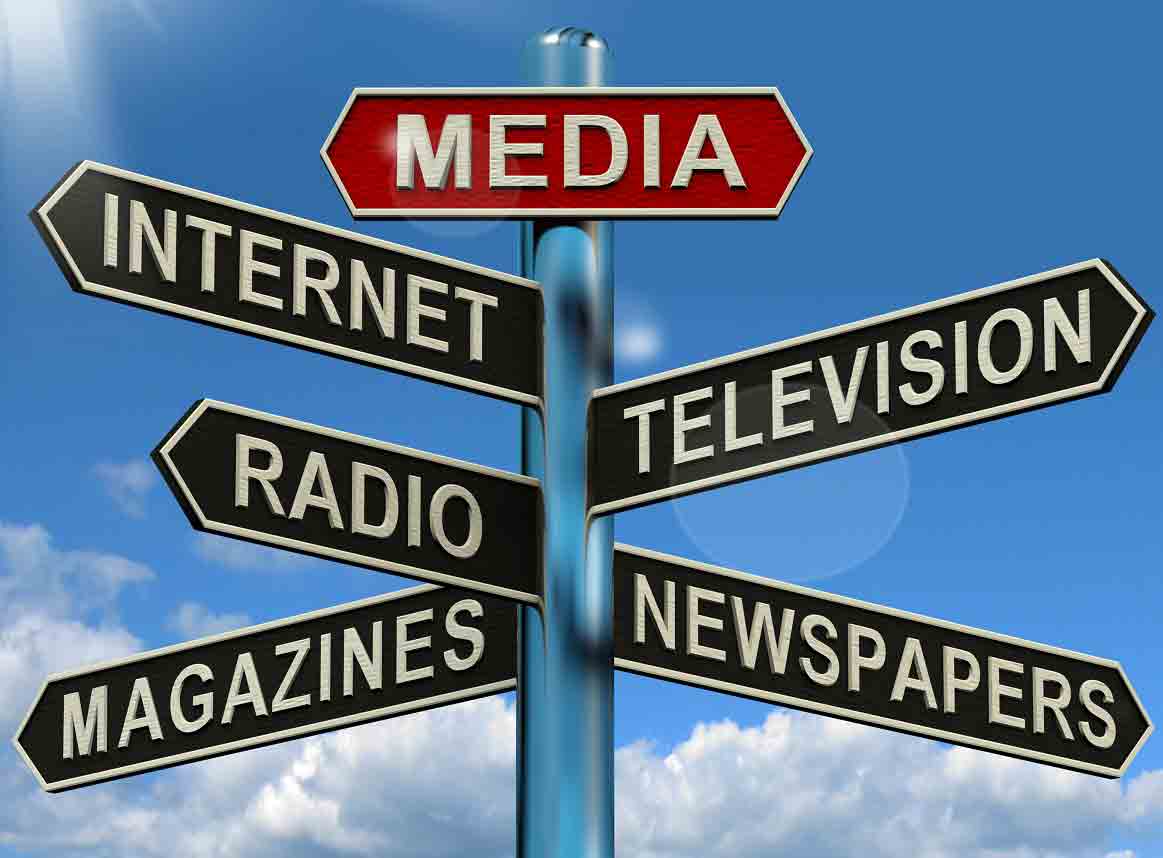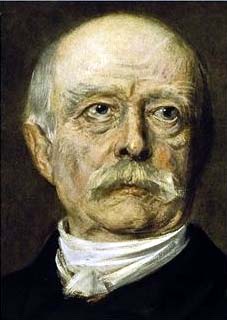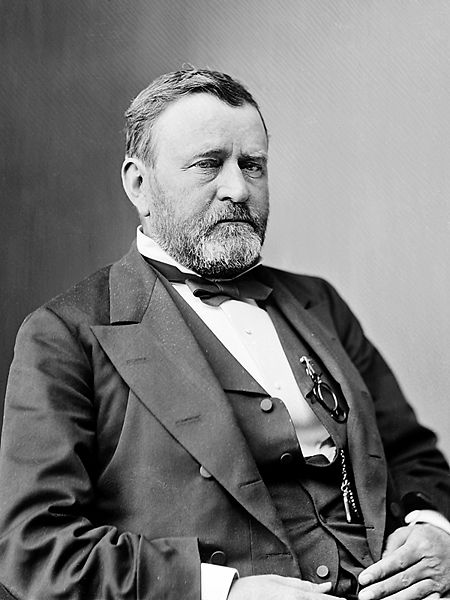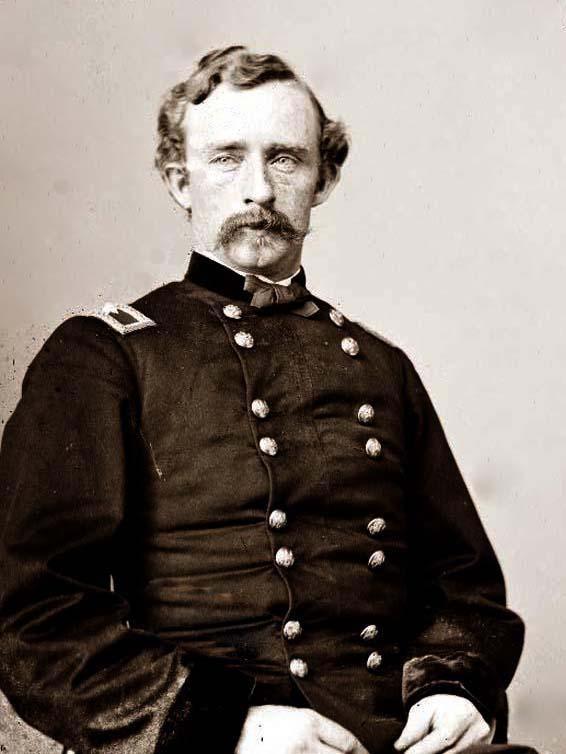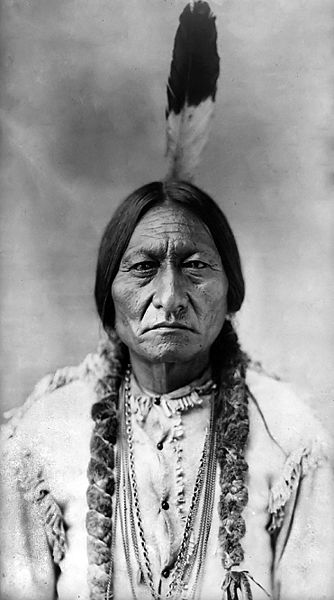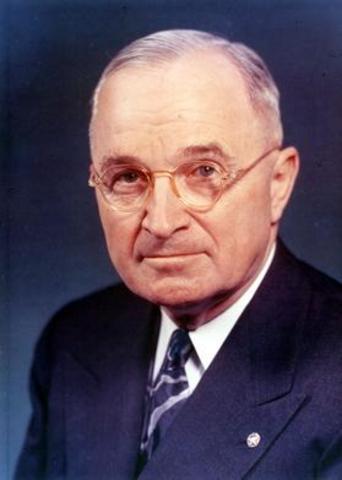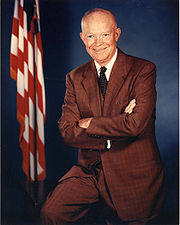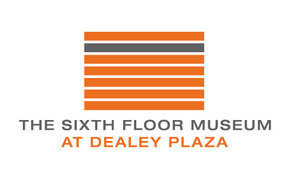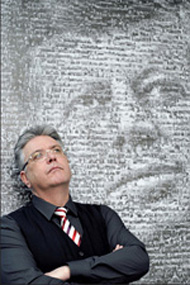Palais Schaumburg | Diesen Artikel weiterempfehlen! |
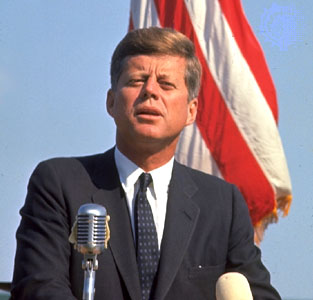 Rede beim Dinner im Palais Schaumburg
Rede beim Dinner im Palais SchaumburgChancellor, members of your government, gentlemen:
I want to express my warm appreciation to the Chancellor and also our very warm appreciation to you and to your colleagues and to all the people of the Federal Republic who greeted us so warmly today. The Chancellor was generous enough to say that the outpouring was spontaneous and I do believe there was spontaneous good will, but I cannot believe all of those flags they held in their hands came from their rooms and from their houses. As an old politician, somebody must have been working, Mr. Chancellor.
I am, as we all are, privileged to be in the Chancellor's company. He covers a long period of history. When he was born in 1876, Bismarck was Chancellor of Germany and Ulysses S. Grant was President of the United States. And 2 years after his birth, to indicate how young the United States is, General Custer and 500 of his cavalry were to be wiped out by Sitting Bull and the Sioux Indians. So we are not a very old country.
I will say it seems to me that after the Second War the United States and the Federal Republic both made a correct decision. The United States determined that the rebuilding of a free and democratic Germany was essential to the security of Western Europe and to the security of the United States. The Federal Republic made a determination that its future lay with a free and democratic Western Europe, that the Federal Republic should not only rebuild its own strength, but also should play a leading role in building the strength of Western Europe. Both of those decisions, it seems to me, have been verified by history.
For our decision, it seems to me, President Truman deserves the great credit, and his decision was sustained by President Eisenhower and the members of his administration. For the Federal Republic's wise decision, I think history will award the great judgment and the great prize to the Chancellor for his wise leadership.
I believe that our task in 1963, while not perhaps as dramatic as the responsibilities which faced us in other days, is just as important. And that is to sustain an alliance through a long period of what may appear superficially to be relative calm.
History is dotted, or the shores of history are dotted, with the shipwrecks of other alliances. If our alliance is able to stand the lack of immediate outside pressure, we will be the exception. And, it seems to me, therefore, incumbent upon us in the sixties to jointly consider with our other allies and ourselves how we can make this alliance work while the enemy, still at the gate, is not to present perhaps as menacing a threat as he did some time ago.
So therefore it is my hope that following on the work which has been done in the past, that it will be possible for the Federal Republic, the other members of NATO, the United States, to play as intimate a role in the sixties in not only maintaining our own security, but from this very powerful core of Western Europe and the United States spread out throughout the world to assist those who now occupy the battleground for freedom. That seems to me to be so obvious a responsibility that we cannot afford to shirk it.
Gentlemen, we are very happy to be here and we are very grateful to all of you and to your countrymen for the warmth of this reception. We are encouraged to be in the company of all of you who have been working for the same things that we are now working for. And most of all we are glad to be with the Chancellor, who over a period of many years has lit the way when the road was rough and uphill, and his example, precept, and guidance serves us as well in 1963 as it did a decade ago. I hope all of you will join in drinking with me to his prosperity and very good health. ♦
